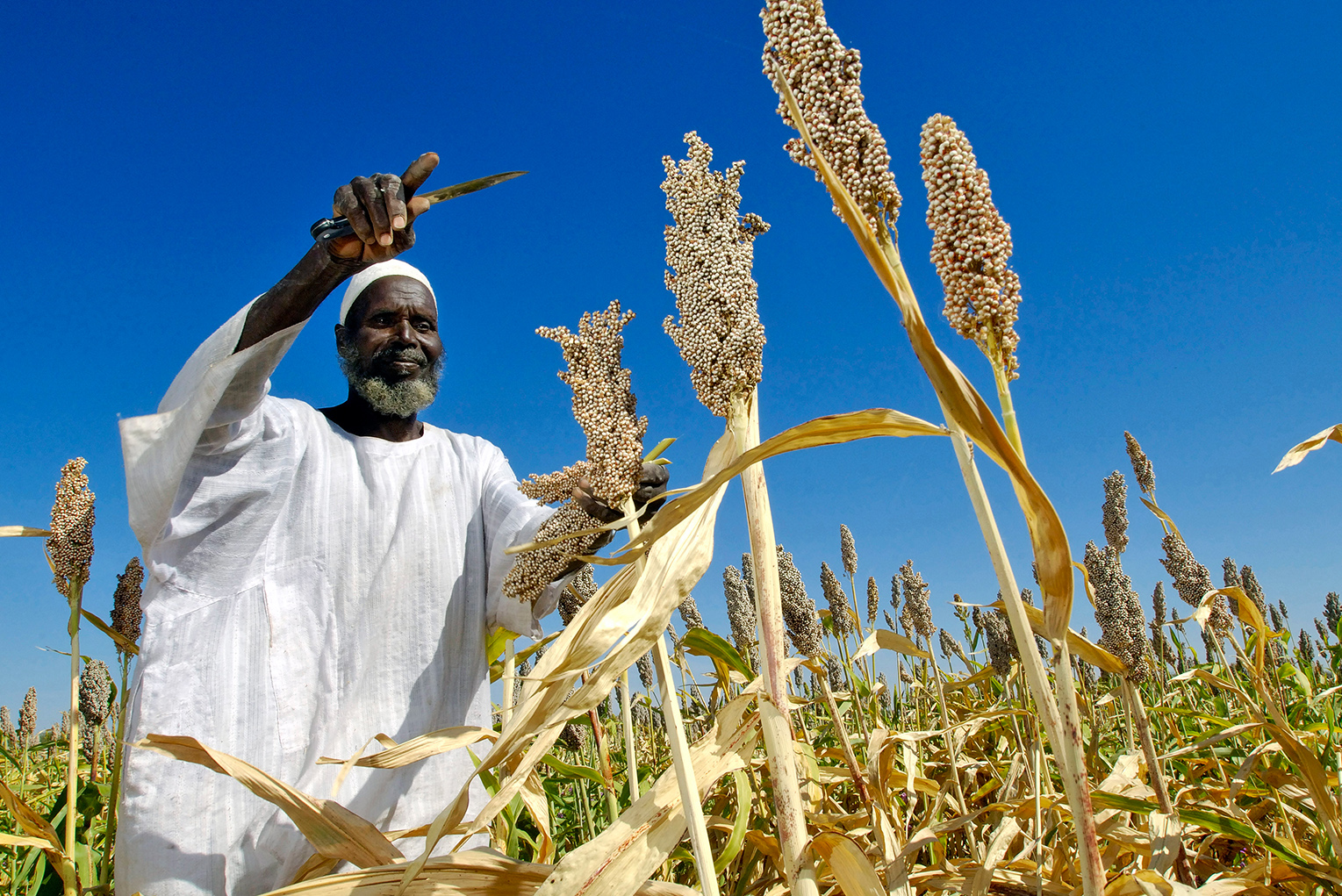
The United Nations System works toward the availability of coordinated geospatial information and services for effective support to Member States, United Nations operations and mandates on local, national, regional and global challenges, including the Sustainable Development Goals.